The Silence (2017)
Género : Documental
Tiempo de ejecución : 1H 57M
Director : Park Soo-nam
Sinopsis
The Silence narrates the struggle of fifteen "comfort women"—former sex slaves by the Imperial Japanese Army during WWII—for recognition and reparation. The "comfort women" issue has previously been treated almost exclusively within the framework of Korean nationalism. The Silence will provide insight into the ways in which nationalism and the emergence of post-war Asian nation-states have hindered the understanding of "comfort women" narratives through Zainichi Korean documentary filmmaker Soo-nam Park's point of view.
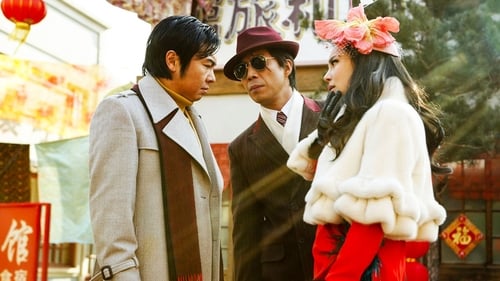
Under Japanese imperialism, Korean national treasure Golden Buddha is stolen. More important to national security, the statue contains vital information concerning Korean freedom fighters and their whereabouts as well as their true identities. The interim Korean government appoints legendary Korean spy Agent Dachimawa Lee to recover the fabled statue and reveal the dark plot behind the theft.
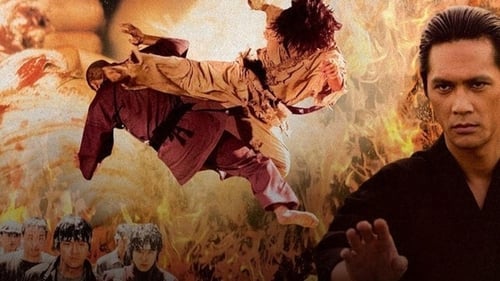
Basada en la vida del legendario karateca corenao Choi Bae-Dal (1922-1994), la película sigue a este personaje histórico desde que con 11 años contempla cómo Beom-Su, uno de los empleados de su padre, pelea contra oficiales japoneses en el mercado de Gimjae hasta que se convierte en uno de los mayores expertos en artes marciales de todos los tiempos. A los 18 años, Bae-Dal viaja a Japón con la intención de alistarse en una escuela de aviación, pero en su lugar se ve forzado a participar en el programa Kamikaze. Tras ser humillado por el instructor japonés Kato, comienza a vagar por las calles de Tokyo defendiendo a los más débiles. Una serie de dramáticos sucesos empujarán a Bae-Dal a completar su entrenamiento y embarcarse en un viaje, a través de Japón, en el que se enfrentará a los más grandes maestros de artes marciales del país.

The film is a heist comedy set in 1940s Korea, and stars Park Yong-woo and Lee Bo-young as a con artist and jazz singer who each plot to steal a valuable diamond from the Japanese authorities.

Movie about tortured and humiliated women in concentration camps in Bosnia and Herzegovina.
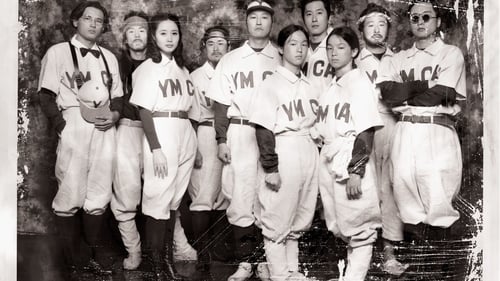
Hochang accidentally sees missionaries and Jeongrim play baseball at the YMCA hall. He falls in love with Jeongrim, and takes interest in baseball. As a result, he gathers people to form the first YMCA baseball team of Joseon.
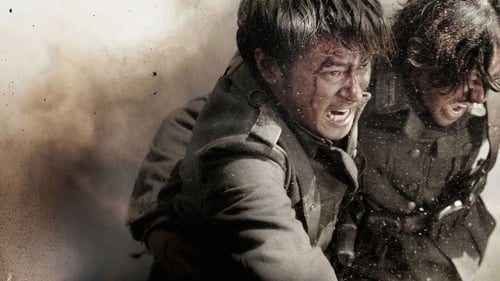
Jun-shik, que trabaja para la granja del abuelo de Tatsuo mientras Corea es colonizada por Japón, sueña con participar en los Juegos Olímpicos de Tokio como corredor de maratón. Tatsuo también aspira a convertirse en corredor de maratón, por lo que los dos se convertirán en rivales. Pero la guerra estalla y ambos se ven obligados a alistarse en el ejército. Tatsuo se convierte en el jefe de defensa de la unidad de Jun-shik y elabora un plan, pero falla. Jun-shik y Tatsuo están cautivos de los soviéticos. Huyen, pero pronto son capturados por los alemanes y obligados a separarse. En 1944, se reencuentran en las costas de Normandía. Esta película está inspirada en la historia real de un coreano llamado Yang Kyoungjong.
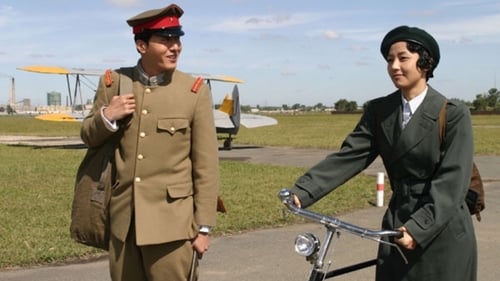
Park Kyung-Won, dreamed of flying since she was a little kid. To achieve her dream of becoming a pilot, Kyung-Won, at the age of 26, travelled to Japan and enrolled in an aviation school. While studying at the aviation school, she supported herself by driving a taxi. One day, Kyung-Won picks up a male passenger, who turns out to be a Korean exchange student Ji-Hyeok. Ji-Hyeok is attracted to her and what she was trying to accomplish. Although he begins to court Kyung-Won, Ji-Hyeok leaves to enlist in the army.
A few years later, Kyung-Won flies her first flight and becomes a pilot. Her accomplishment is well received Korea. Meanwhile, Kyung-Won takes under her wings, fellow female Korean aviation student Jung-Hee, who wants to follow in Kyung-Won's footsteps. Also, Ji-Hyuk is discharged from the army and is commissioned as a officer in a aviation school. Ji-Hyuk and Kyung-Won meet again and soon realize their feelings are as strong as ever.

This joint Korean-Japanese production follows a Korean woman, Lee Ha-jong, as she searches for her father's remains. He - like tens of thousands of other Koreans - was forced into the Japanese military, and subsequently killed during WW2. She is joined by a Japanese man, seeking reconciliation between his country's military past, and the countries victimized by that history. The filmmakers portray both sides of a still highly emotional debate that centers around the enshrinement of soldiers at the Yasukuni Shrine, and Lee's lawsuit to prevent her father from being enshrined there. As Lee visits Japan and the controversial Yasukuni Shrine, she confronts - and is confronted by a wall of nationalistic pride that might be compared to neo-Nazis defending the righteousness of The Reich. This is contrasted with her meeting and working with Japanese peace activists, who deplore their countries' militaristic past, and seek to heal the wounds with her neighbors.
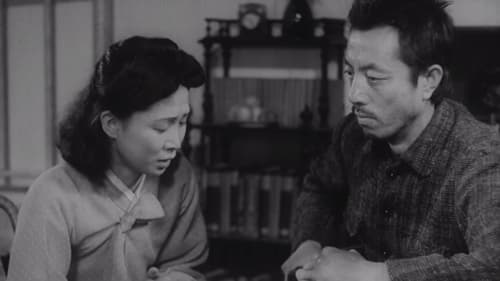
Hurrah! For Freedom (aka Viva Freedom) is a 1946 Korean film directed by Choi In-kyu. It was the first film made in the country after achieving independence from Japan. During the country's occupation Choi was only allowed to make Japan-friendly films, but the plot of Hurrah! For Freedom is distinctly different, telling the story of a Korean resistance fighter in 1945.
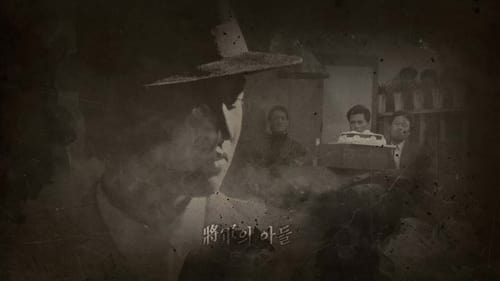
Kim Doo-han lost his mom at the age of eight and he survives on the streets as a singing beggar. His natural born fighting skills places him on the mean streets of Jongro with the kisaeng house Woomigwan at the center. He is soon recognized for his incredible strength and ability. He finds out through Shin Ma-jeok, the head of a student gang, that he is the son of General Kim Jwa-jin who fought against the Japanese army. Meanwhile, the Yakuzas expand their sphere of influence and try to take over the Jongro streets but Doo-han protects the Korean vendors of Jongro and wins their respect. When the head of Woomigwan, Kim Gi-hwan is arrested, Doo-han becomes the leader of the Jongro gang.
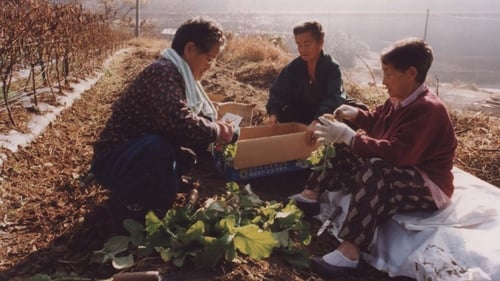
In World War II Japan forced many South Korean girls into sexual slavery. Known as "comfort woman," they were abducted as teenagers and shipped off to the front to service as many as 30 troopers a day. In 1991, some of them began testifying about their experiences. A "sharing house" was then established for former comfort women and provided the setting for Habitual Sadness, a documentary showing the enduring wounds but strong spirit of these women.
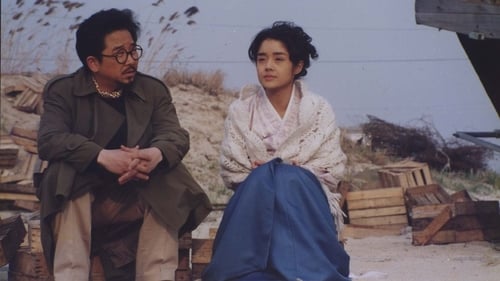
The story takes place during the period of Japanese Imperialism in Korea. It tells the tale of the life and loves of one peculiar poet. In 1932, Bon-wwong returned from studying fine arts in Japan. He is known as a painter of the Fauvism school of the Art. At the first successful exhibition of his works, he meets a young man, Lee Sang, a poet with really queer character. Soon Lee Sang and Bon-woong become close friends, and they meet almost every day and enjoy all kinds of interesting and usual events. Lee Sang goes to visit Bakchon (a health resort) for medical treatment. Bon-woong follow him. At Bakchon, Lee and Bon-woong meet Keum-hong (a famous waitress) and both fall in love with her. Lee loves Keum-hong physically, vulgarly, and indecently. On the contrary, Bon-woong loves her spiritually and platonically with respect. So, he can do nothing but watch the torrid love affair between Lee and Keum-hong.
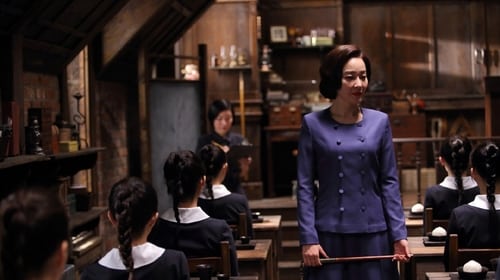
En 1938, Joo-Ran, una chica que sufre de una enfermedad crónica, es trasladada a un internado-sanatorio en Keijyo (antiguo nombre de Seúl). En un entorno nuevo, recupera la salud gracias a un programa de tratamiento especial. Pero descubre que sus compañeras de clase comienzan a desaparecer...

During the era of Japanese occupation, Sol Jin-young, a Korean patriarch refuses to obey the law to change the family's name to a Japanese name. Tani, a member of the Japanese occupation forces, is sent to persuade Sol to comply with the order. Tani is conflicted between his duty, his respect for Korean culture and his attraction to Sol's daughter.
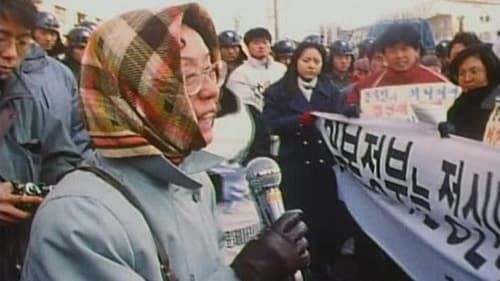
At noon every Wednesday, women who used to be comfort ladies and their supporters demonstrated against the Japanese Government in an attempt to receive an official apology and compensation for damages against Korean women who had been held captive as sex slaves by the imperialist Japanese Army during World War II. Overcaming years of embarrassment and silence, the old women tell us their stories of the past. A house called 'Share' is the shared residence of six women with the same past. Learning Korean alphabet and drawing regardless of weather, they continue their hard lives to overcome the period of regret and pain.
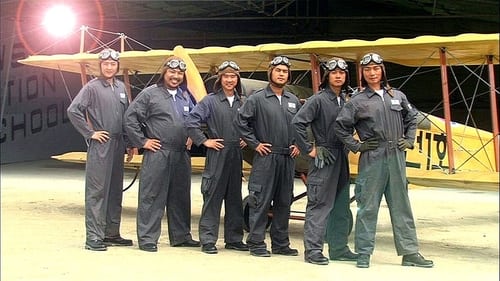
In 1920, a combat flight training school named "Willows" is founded in California. People who want to fight for Korea’s independence from Japan gather at the school. Their mission is to bomb the palace of the Japanese emperor. The pilots’ ardent desire for Korea’s independence grows, but as they prepare for their mission, a spy in the school ruins their plans. However, KIM Ja-jung and the other pilots manage to get on board for what will most likely be their last flight.
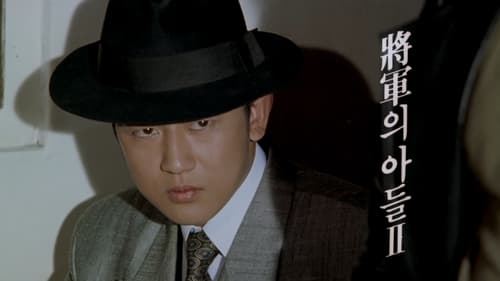
The General's Son is set during the Japanese occupation of Korea, when the oppression of the imperial rulers is escalating in the streets of Seoul. Starring Park Sang Min (Tube) and Shin Hyun Jun (Face), The General's Son is a winning mixture of fast-paced action and colonial Korean realism, which helped the film become one of the biggest domestic hits of the 1990s.
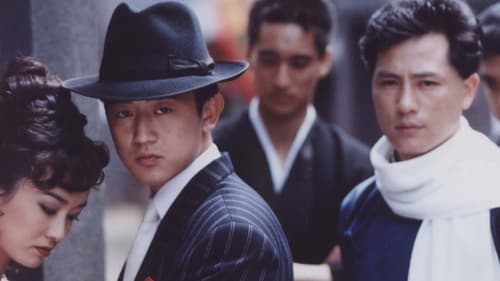
The General's Son is set during the Japanese occupation of Korea, when the oppression of the imperial rulers is escalating in the streets of Seoul. Starring Park Sang Min (Tube) and Shin Hyun Jun (Face), The General's Son is a winning mixture of fast-paced action and colonial Korean realism, which helped the film become one of the biggest domestic hits of the 1990s.
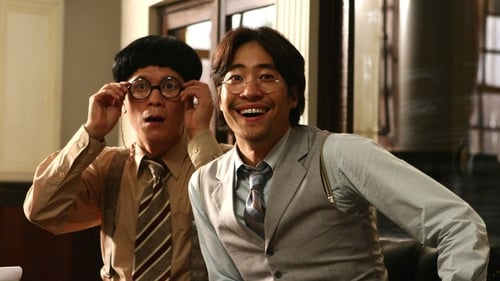
In April 1933, Korea’s Japanese occupiers launched the country’s first radio station, JODK. It broadcasts propaganda so as to better brainwash the Korean people into becoming loyal Japanese citizens. In need of a Korean producer for a radio drama about the greatness of Japan’s Asian Empire, they appoint Lloyd Park, a young man who has only joined the radio station through his father’s connections.
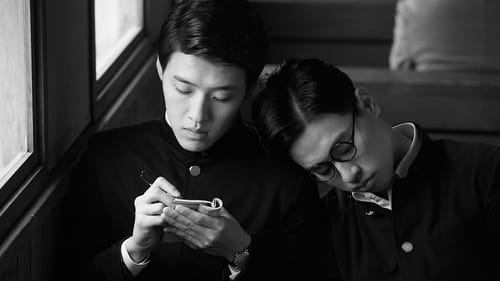
Based on a true story, renowned Korean poet, Yun Dong-ju, is detained and abused by the Japanese for participating in the Korean Independence Movement.




















